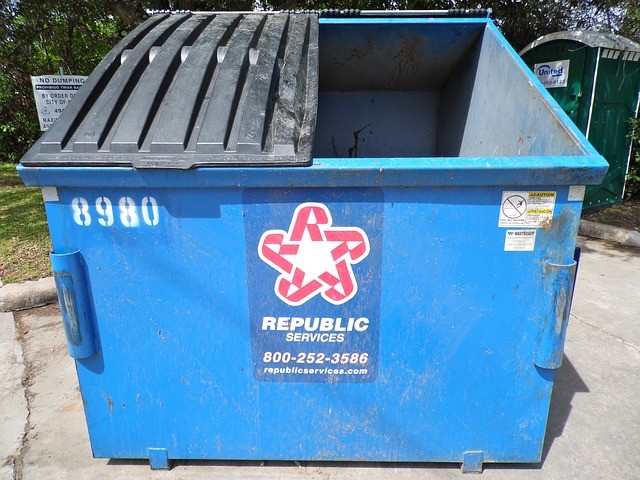Legal Nurse Consultants: What I Learned from Handling Volumes of Cases (Part Two)
 Legal nurse consultants: did you know volumes of cases can radically change your business? I did not know what was ahead of me when I received a call from a defense attorney who approached me to assist his firm and client defend a series of claims involving an orthopedic device. In Part One I described how to gear up for a project of this type.
Legal nurse consultants: did you know volumes of cases can radically change your business? I did not know what was ahead of me when I received a call from a defense attorney who approached me to assist his firm and client defend a series of claims involving an orthopedic device. In Part One I described how to gear up for a project of this type.
Working with Legal Nurse Consultants as Subcontractors
My inhouse LNC employees were responsible to oversee the project, get the cases in and out, proofread the subcontractor’s report, and perform an evaluation of the subcontractor. We encountered a surprising fact: the majority of the LNCs struggled to complete the work. Here are the issues I saw:
- Difficulty following directions
- Being overwhelmed by the volume of records
- Difficulty getting the case completed within a reasonable period of time
- Not being detail oriented enough
The worst experience I had occurred when an LNC jumbled a set of medical records. The patient was admitted to the hospital a year apart on the same day. The LNC did not notice that she had two sets of orders, two sets of nurses notes, two sets of labs and so on, but a year apart.
She combined all of the records, and then threw up her hands and returned the records to me without doing any of the reports. She made such a mess of the records that I asked the law firm’s paralegal to send me another set. He instructed me to discard the records. I took them down to the dumpster at the edge of our parking lot and tossed them in.
 One half hour later, he called me back and delivered the horrifying news: We had the only set of medical records. I had no choice but to climb into the dumpster and pull out medical records. This happened on the day our dumpster is emptied, and I worked as fast as I could, while waiting for the sound of the garbage truck that would send me and the records into a landfill!
One half hour later, he called me back and delivered the horrifying news: We had the only set of medical records. I had no choice but to climb into the dumpster and pull out medical records. This happened on the day our dumpster is emptied, and I worked as fast as I could, while waiting for the sound of the garbage truck that would send me and the records into a landfill!
* This incident took place before HIPAA was in effect. Today we have a shredding truck that comes to our office to collect and shred medical records.
Also we had no idea we had the only set of medical records. Our fee agreement states that the attorney should not send us his or her only copy.
Lessons Learned
1. Before you take on a client who has a lot of one kind of case, be sure you are staffed to handle the work. A volume of records can result in significant amount of income, but also comes with a price. The clients who were not part of the orthopaedic device litigation noticed a slow down in our turnaround times. We were so swamped with the volume of cases that we had trouble keeping up with the regular work.
2. Carefully consider the qualities you need in a subcontractor. Legal nurse consultants with a lot of experience likely will not work for a reduced hourly rate you may offer because you’ve reduced your hourly rate to get the volumes of cases.
A person with no experience may need much guidance. The ideal subcontractor is the person with some experience. Ask for a sample of the LNC’s work product. Look at formatting and the ability to write coherently without typos.
3. Recognize your role is making sure the work product meets your quality standards. We spent a lot of time proofreading work and making sure our subcontractors adhered to the deadlines and format we gave them.
There were many legal nurse consultants we gave only one case to; we had to be clear that we could not use them again because of performance issues. We did not anticipate the amount of time needed to correct inadequate work.
We learned that not everyone who wants to be an LNC has the skills to be one. After awhile a core of legal nurse consultants got most of the work because they proved they could produce the quality we needed.
4. Be open to making changes in your system based on the methods you use to handle volumes of cases. The process of dealing with volumes of records helped us develop systems for handling records that we could carry over into other cases.
For example, we created a series of cover sheets for certain types of records and purchased preprinted medical records tabs. The formats for different types of reports have proven useful for other kinds of cases.
Handling this kind of volume of cases felt like letting an elephant come into the business. He took up most of the space and most of the resources, and taught us a lot in the process. We had mixed feelings when we saw the elephant leave as the last of over 100 cases left our office 3 years later.
And I learned the meaning of the term “dumpster diving” in the process.
Pat Iyer is president of The Pat Iyer Group. She has never gotten into a dumpster since.
